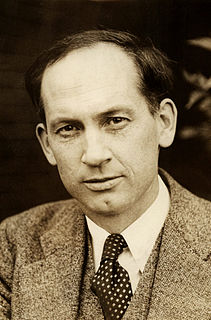A Quote by James G. Frazer
The custom of burning a beneficent god is too foreign to later modes of thought to escape misinterpretation.
Related Quotes
You hear a lot about God these days: God, the beneficent; God, the all-great; God, the Almighty; God, the most powerful; God, the giver of life; God, the creator of death. I mean, we're hearing about God all the time, so we better learn how to deal with it. But if we know anything about God, God is arbitrary.
If the many and the One be indeed the same Reality, then it is not all modes of worship alone, but equally all modes of work, all modes of struggle, all modes of creation, which are paths of realization. No distinction, henceforth, between sacred and secular. To labour is to pray. To conquer is to renounce. Life is itself religion. To have and to hold is as stern a trust as to quit and to avoid.
Faced with today's problems and disappointments , many people will try to escape from their responsibility. Escape in selfishness, escape in sexual pleasure, escape in drugs, escape in violence, escape in indifference and cynical attitudes. I propose to you the option of love, which is the opposite of escape.
Book burning is a charming old custom, hallowed by antiquity. It has been practiced for centuries by fascists, communists, atheists, school children, rival authors, and tired librarians. Like everything of importance since the invention of the cloak and the shroud, its origins are cloaked in mystery and shrouded in secrecy. Some scholars believe that the first instance of book burning occurred in the Middle Ages, when a monk was trying to illuminate a manuscript. All agree that book burning was almost non-existent during the period when books were made of stone.





































